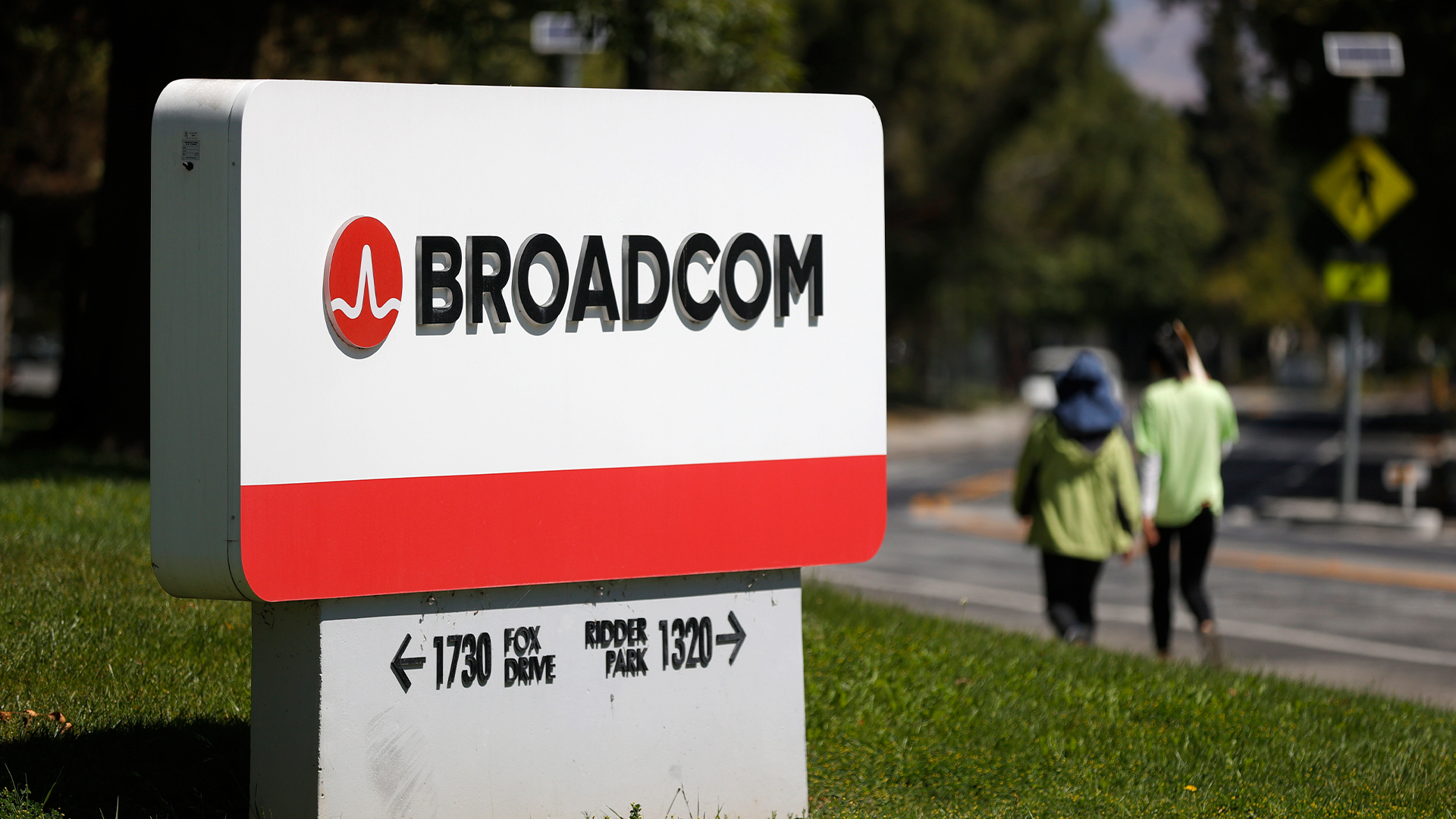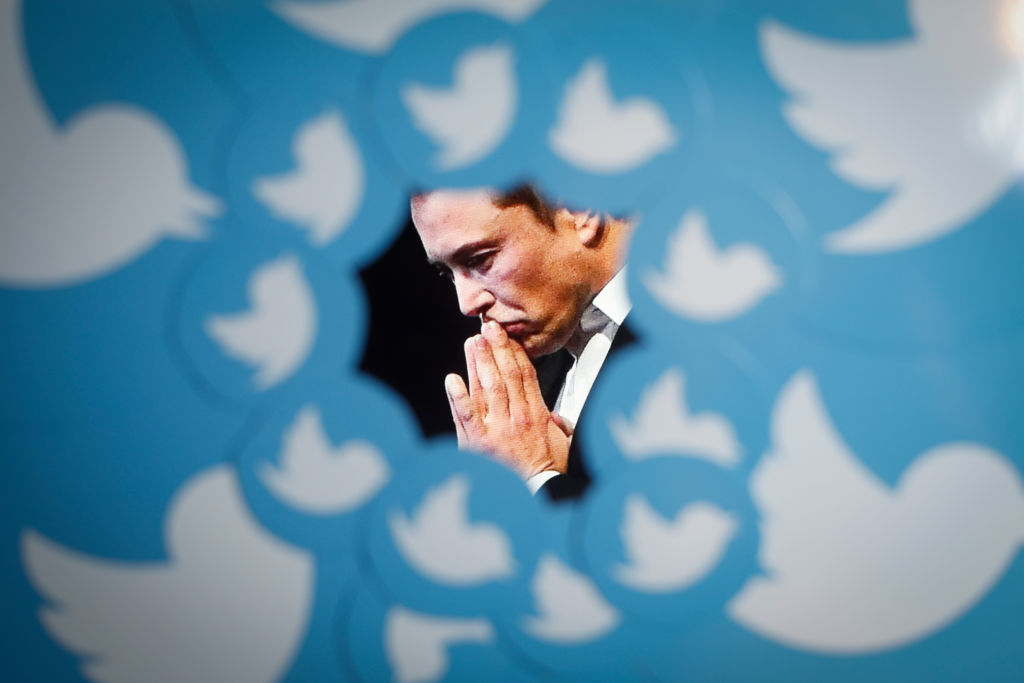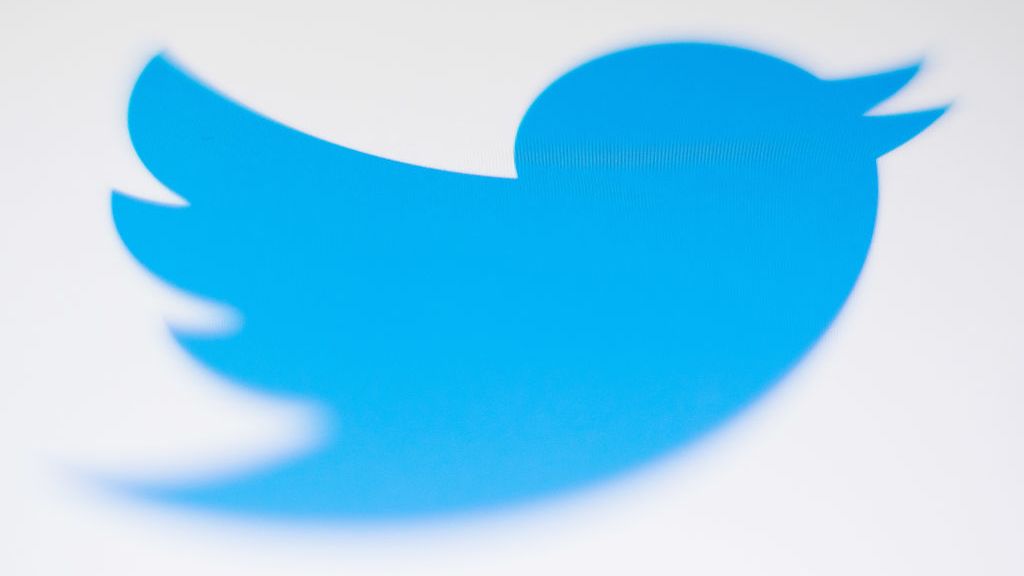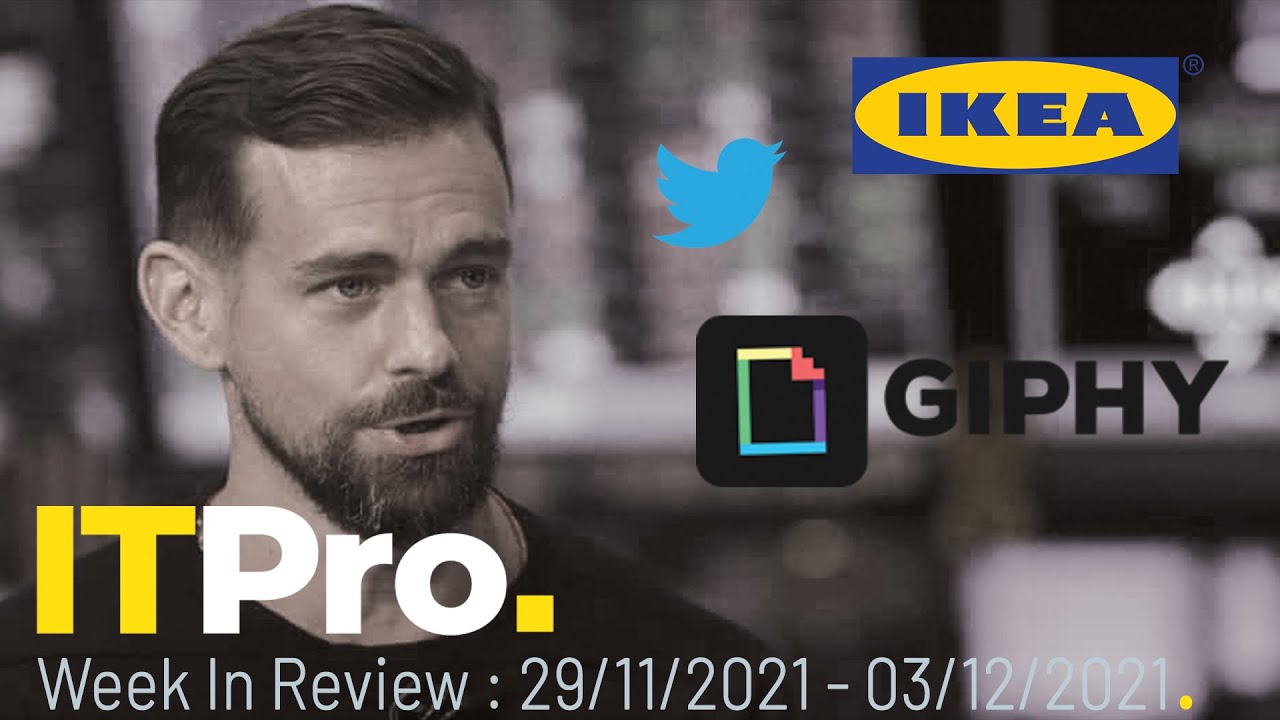Need to Know: Denial of Service
Twitter and Facebook were hit by a denial of service attack yesterday - but what exactly does this mean?


Twitter and Facebook were yesterday hit by a denial of service attack, leaving social networkers unable to update the world on the minutiae of their lives for hours.
While such attacks don't compromise personal data or breach security, they are serious business.
What is a Denial of Service (DoS) attack?
Also referred to as a distributed denial of service attack, the method's genius lies in its simplicity. Rather than take a system down by hacking in through the back door, the attack goes in through the front. It works by sending a flood of requests to a site possibly using a botnet, or by sending out spam thereby crashing it.
No internal systems are compromised; they're just overloaded it's just an angry traffic spike. No personal data is lost and systems are secure, but users can't get to the site.
Sophos security researcher Graham Cluley had a lovely description of the attack. "It's a bit like 15 fat men trying to get through a revolving door at the same time - nothing can move," he wrote on his blog following the Twitter attack.
How serious are they?
Sign up today and you will receive a free copy of our Future Focus 2025 report - the leading guidance on AI, cybersecurity and other IT challenges as per 700+ senior executives
If you're running an ecommerce site, the hit to your potential business is clear. But other businesses can be targeted, too. There are stories of criminals blackmailing companies pay up, or face a DoS attack.
Companies running with a bandwidth limit may have to pay up to get their site back online, and some attacks are so vicious hardware might need to be replaced.
Freelance journalist Nicole Kobie first started writing for ITPro in 2007, with bylines in New Scientist, Wired, PC Pro and many more.
Nicole the author of a book about the history of technology, The Long History of the Future.
-
 Cyber resilience in the UK: learning to take the punches
Cyber resilience in the UK: learning to take the punchesColumn UK law now puts resilience at the centre of cybersecurity strategies – but is legislation simply catching up with enterprise understanding that resilience is more than just an IT issue?
-
 CISPE claims European Commission gave Broadcom a ‘blank cheque to raise prices, lock-in, and squeeze customers’ with VMware deal
CISPE claims European Commission gave Broadcom a ‘blank cheque to raise prices, lock-in, and squeeze customers’ with VMware dealNews Cloud providers have issued a formal response to the General Court of the European Union after the Commission defended its approval of the deal
-
 Who owns the data used to train AI?
Who owns the data used to train AI?Analysis Elon Musk says he owns it – but Twitter’s terms and conditions suggest otherwise
-
 Elon Musk confirms Twitter CEO resignation, allegations of investor influence raised
Elon Musk confirms Twitter CEO resignation, allegations of investor influence raisedNews Questions have surfaced over whether Musk hid the true reason why he was being ousted as Twitter CEO behind a poll in which the majority of users voted for his resignation
-
 Businesses to receive unique Twitter verification badge in platform overhaul
Businesses to receive unique Twitter verification badge in platform overhaulNews There will be new verification systems for businesses, governments, and individuals - each receiving differently coloured checkmarks
-
 Ex-Twitter tech lead says platform's infrastructure can sustain engineering layoffs
Ex-Twitter tech lead says platform's infrastructure can sustain engineering layoffsNews Barring major changes the platform contains the automated systems to keep it afloat, but cuts could weaken failsafes further
-
 ‘Hardcore’ Musk decimates Twitter staff benefits, mandates weekly code reviews
‘Hardcore’ Musk decimates Twitter staff benefits, mandates weekly code reviewsNews The new plans from the CEO have been revealed through a series of leaked internal memos
-
 Twitter could charge $20 a month for 'blue tick' verification, following Musk takeover
Twitter could charge $20 a month for 'blue tick' verification, following Musk takeoverNews Developers have allegedly been given just seven days to implement the changes or face being fired
-
 Twitter reports largest ever period for data requests in new transparency report
Twitter reports largest ever period for data requests in new transparency reportNews The company pointed to the success of its moderation systems despite increasing reports, as governments increasingly targeted verified journalists and news sources
-
 IT Pro News In Review: Cyber attack at Ikea, Meta ordered to sell Giphy, new Twitter CEO
IT Pro News In Review: Cyber attack at Ikea, Meta ordered to sell Giphy, new Twitter CEOVideo Catch up on the biggest headlines of the week in just two minutes
